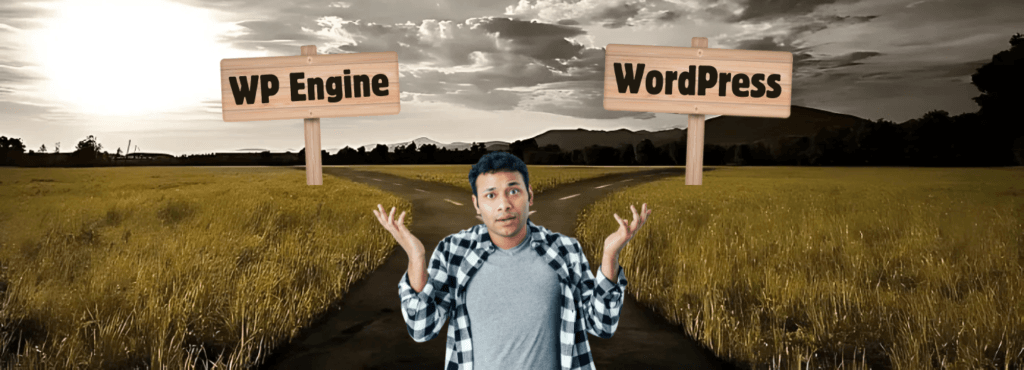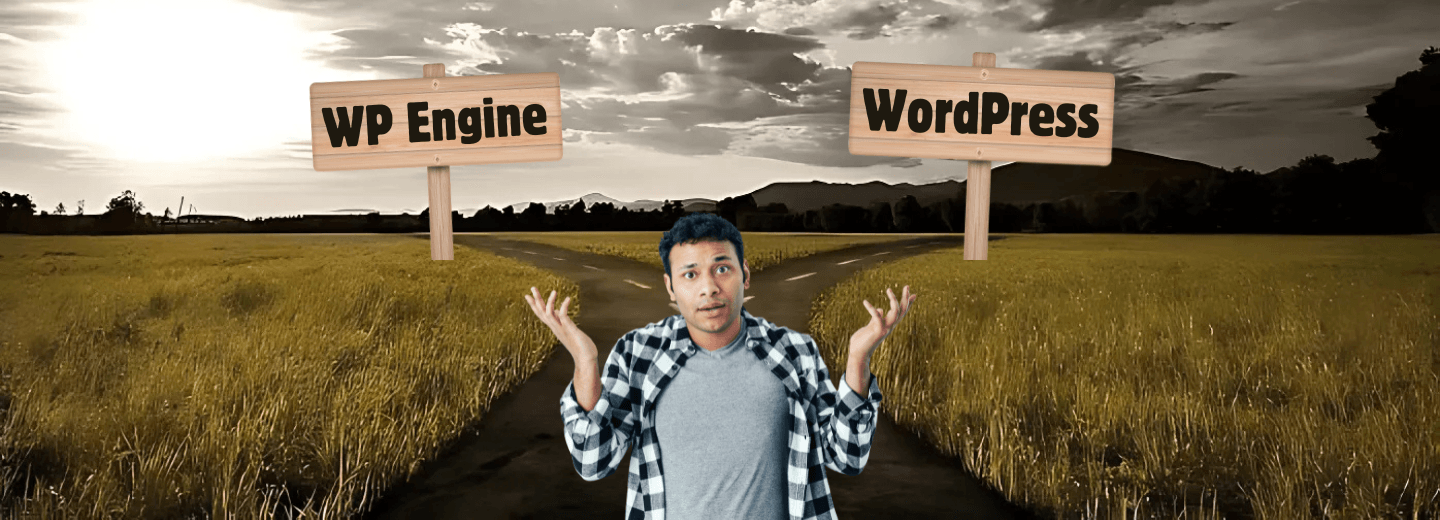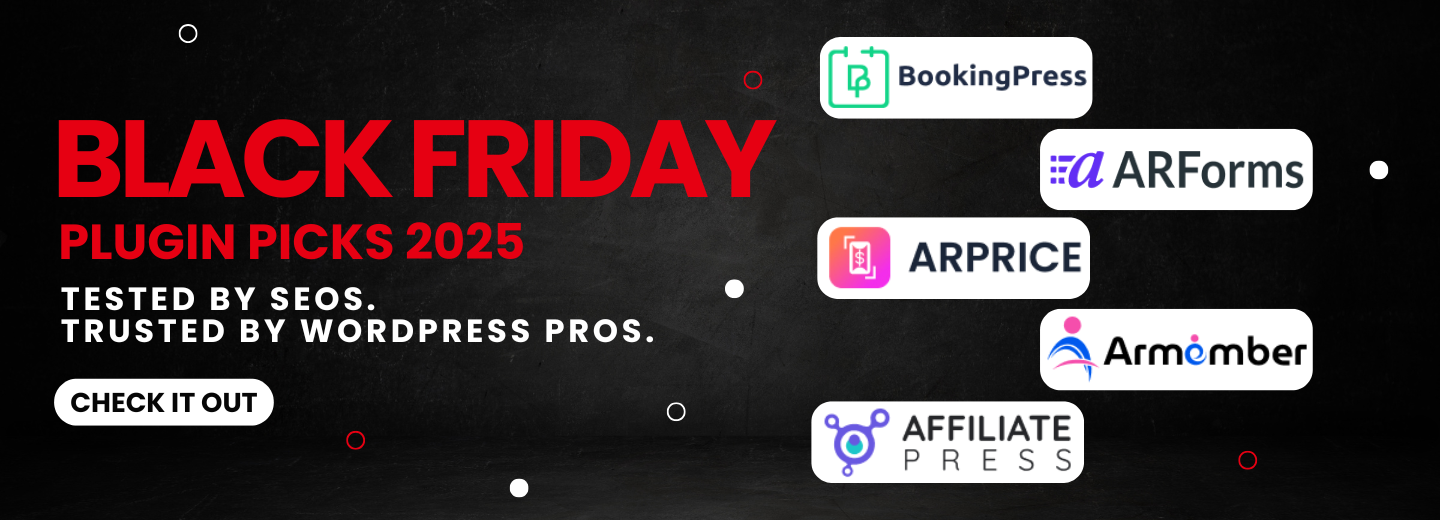WP Engine vs WordPress: The Clash of Open-Source Values and Its Impact on Thousands
Recently, WordPress.org made waves by limiting WP Engine’s access to its plugin repository. This move stems from a broader dispute over WP Engine’s practices, particularly regarding their proprietary modifications to WordPress’s core features, which many argue violate the spirit of the General Public License (GPL). The GPL is the license that governs how WordPress can be used, shared, and modified.
What Happened?
WordPress.org responded to WP Engine’s actions by restricting their servers from accessing WordPress.org’s plugin and theme repositories. It’s important to note that this block affects WP Engine’s servers, not individual customers directly. As a result, WP Engine users are unable to access automatic updates for plugins and themes via the repository, forcing them to manually update their sites.
The tension didn’t just arise from WP Engine’s proprietary modifications but also from their decision to block WordPress’ news widget, a feature used by the WordPress community to share updates. This block was seen as an attempt to shield WP Engine users from negative feedback or criticism, which further strained relations with WordPress.org.
Why This Matters
The WordPress ecosystem is built on open-source values—collaboration, transparency, and the free exchange of software. For website owners and developers, this ban brings to light a dilemma: should they prioritize the security and performance enhancements offered by WP Engine, or align with the open-source ideals of WordPress?
Losing automatic updates introduces significant risks for WP Engine users, particularly when it comes to security vulnerabilities. While WP Engine provides robust managed hosting with enhanced security and performance, users must now stay vigilant in manually updating their plugins to avoid potential threats.
Navigating the Impact
If you’re a WP Engine customer, you’ll need to evaluate how critical automatic updates are to your site’s security and functionality. Plugins are integral to maintaining up-to-date security features and functionality, so staying on top of updates manually will be crucial for your site’s health.
On the other hand, WP Engine’s managed hosting services are still highly regarded for their focus on security, scalability, and speed, offering a tradeoff between enhanced hosting capabilities and access to WordPress’s full, open-source ecosystem.
The Bigger Picture
This situation goes beyond the conflict between WP Engine and WordPress.org—it reflects the broader tension between open-source principles and proprietary technologies. WordPress.org’s stance is about maintaining the integrity of its open-source ecosystem, while WP Engine defends its tailored solutions aimed at improving security and reliability for its users.
Both approaches have their merits, but the users—caught in the middle—must carefully weigh the consequences and make informed decisions about their website’s future.
Final Thoughts
One of WordPress’s key features is its post revisions system, which allows users to track changes to their content. While WP Engine doesn’t completely disable revisions, it limits the number of revisions saved by default to improve database performance. Users who want to keep more revisions can adjust the settings accordingly, meaning the feature isn’t eliminated but managed differently.
The debate between WordPress.org and WP Engine is an important moment in the ongoing conversation around open-source software and proprietary enhancements. The outcome could have lasting implications for how companies balance the demands of open-source values with the need to offer differentiated services.
What’s your take? Should security and performance enhancements take precedence over open-source values? Comment below! Also, check out our other blogs by clicking here.
For more exciting gifts and rewards, visit our rewards page by clicking the button below.














